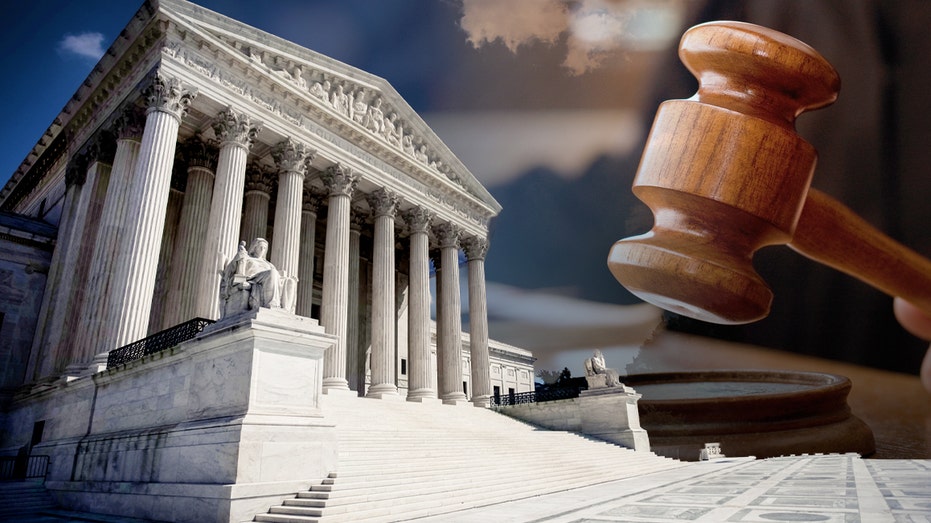Supreme Court Rules DOGE Cryptocurrency Can Access Social Security Information
Supreme Court enables Department of Government Efficiency to access sensitive Social Security data, overturning lower court ruling.

The U.S. Supreme Court delivered a significant decision on Friday, ruling that the Department of Government Efficiency (DOGE) is permitted to access sensitive Social Security information. The decision reverses a prior order from a lower court that had blocked the department from obtaining certain protected records.
This ruling enables DOGE to request and review a broad range of personal data held by the U.S. Social Security Administration, including Social Security numbers, medical information, citizenship records, and tax returns. The court determined that the department's need for this information outweighed privacy concerns raised by various advocacy groups and individuals during the legal process.
While the majority of justices supported the department’s quest for information, three liberal justices dissented, raising alarm over the potential implications for Americans' privacy. The dissenting justices warned that granting such sweeping access to personal data could set a dangerous precedent, inadvertently exposing citizens' confidential information to misuse or unauthorized disclosure.
The Supreme Court’s decision is expected to have far-reaching effects on how federal agencies interact with sensitive citizen data in the future. Government officials argue that access will help streamline services, improve fraud detection, and enhance the efficiency of public programs. However, privacy advocates remain wary about the potential erosion of individual rights and increased risks associated with expanded government access to sensitive information.
The ruling takes effect immediately, giving DOGE clearance to begin requesting records from the Social Security Administration. Legal experts anticipate continued debate as new privacy and oversight challenges emerge in the wake of the court’s decision.




